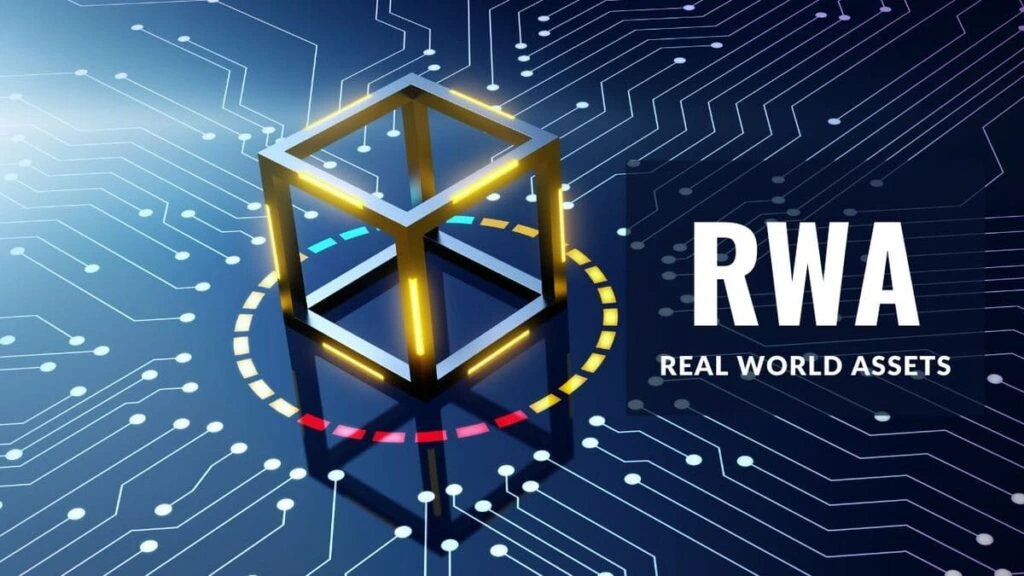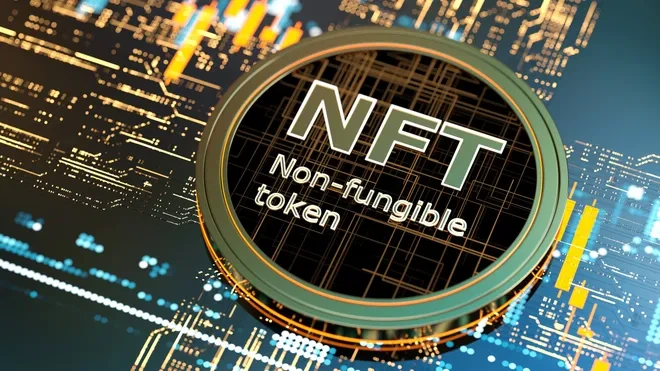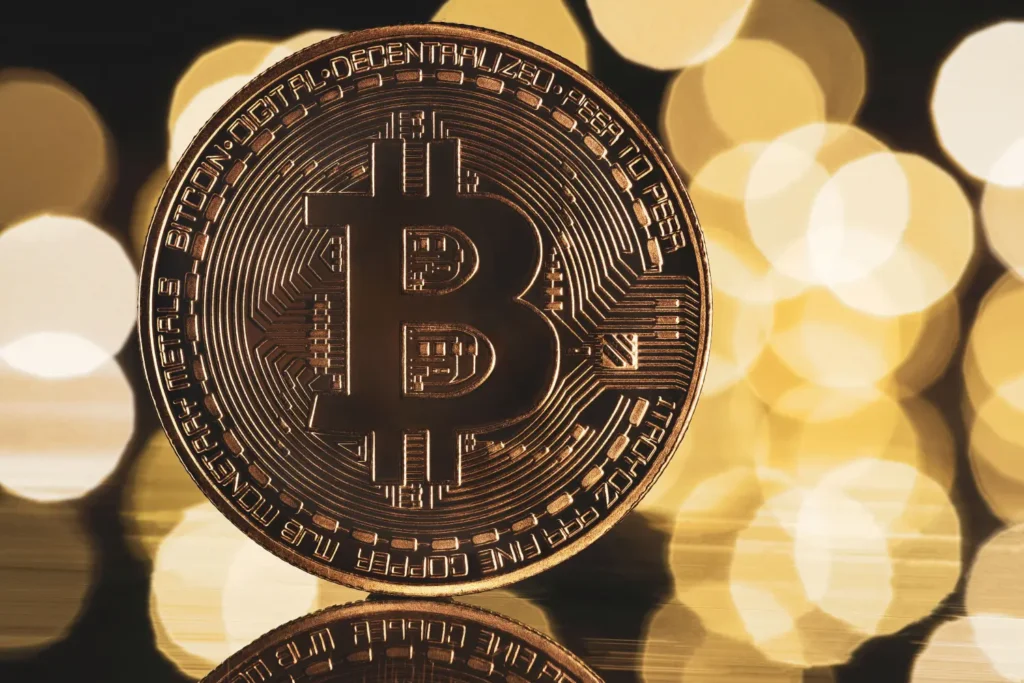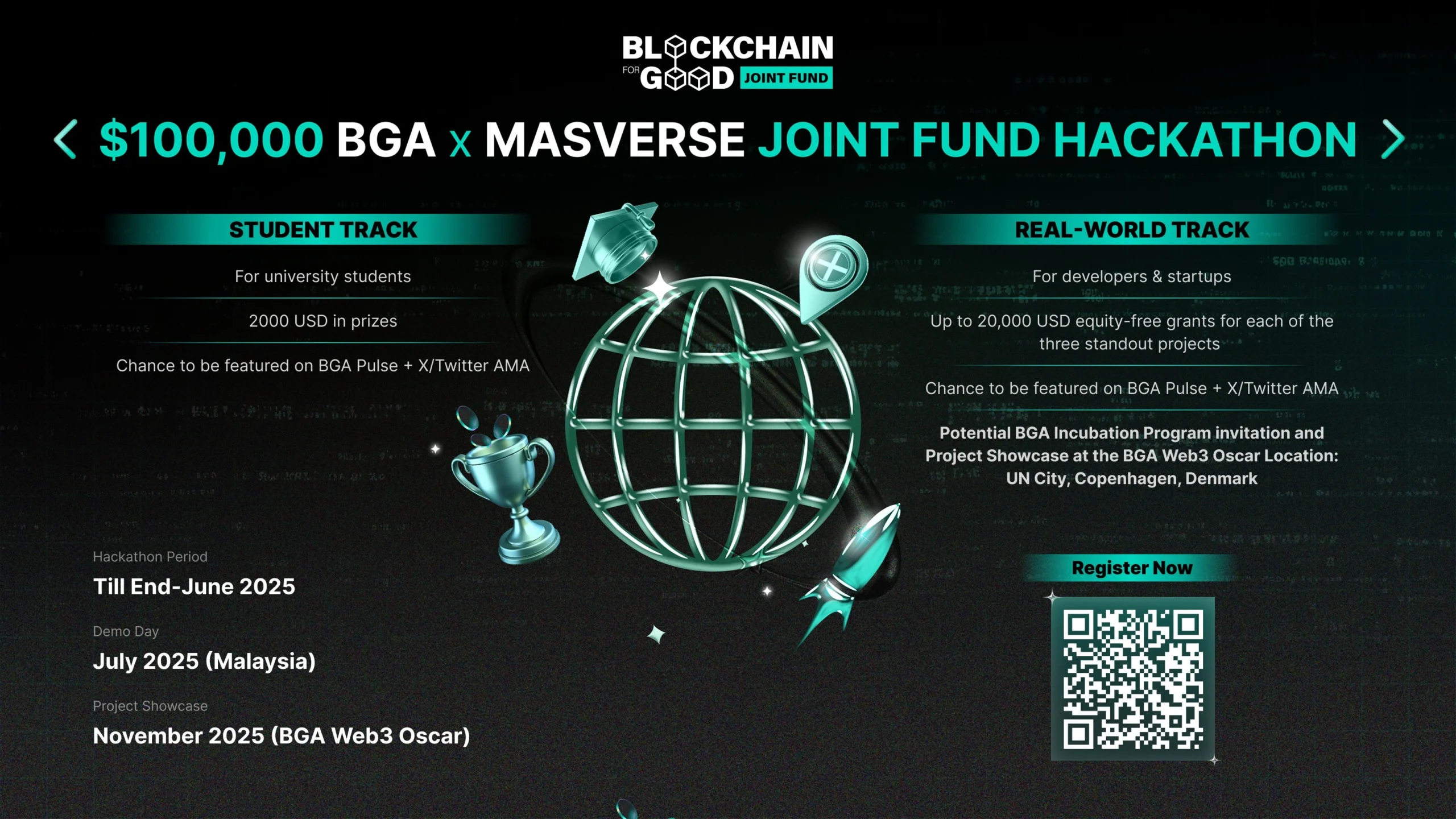RWA vs NFT: What’s the deal anyway?
If you’ve dipped even a toe into blockchain waters, chances are you’ve heard the terms RWA and NFT thrown around—sometimes interchangeably, sometimes like they’re from totally different worlds. So, what’s the real scoop with RWA vs NFT? Well, despite both living on blockchains, they’re actually quite different beasts. RWA stands for Real-World Assets tokenized on blockchain, while NFT means Non-Fungible Token, usually linked to digital art, collectibles, or unique items. But it’s a bit more nuanced than that, so hang tight.


Understanding RWA vs NFT: Real value or digital flair?
Let’s start with RWAs—these are digital tokens that represent ownership of real-world things. Think property, gold bars, or even fine wine bottles. The idea? Make these traditionally “heavy” assets easier to trade, split, or invest in by putting them on the blockchain. This isn’t just tech for tech’s sake—there’s actual, physical stuff backing these tokens up. It’s like slicing a skyscraper into tiny digital pieces anyone can buy.


NFTs, on the other hand, are unique tokens—meaning no two NFTs are exactly alike. These usually represent digital collectibles like artwork, music, or even virtual land in video games. Sure, some NFTs have value tied to hype or rarity, but unlike RWAs, they’re not backed by physical assets. Instead, their worth is often subjective, driven by demand, community, and sometimes just plain curiosity.


How ownership and liquidity differ
One big difference with RWA vs NFT lies in liquidity and ownership rights. RWAs generally aim to bring real-world asset ownership onto a digital platform, meaning if you hold a token, you essentially own a piece of something tangible. Plus, since these assets are tokenized, selling a fraction or the whole thing can be way faster and more transparent than traditional methods. Of course, that depends on regulatory compliance and the platform’s trustworthiness.

NFTs, while unique, don’t usually offer fractional ownership (though some projects experiment with this). Instead, owning an NFT means you have a singular, provably scarce digital asset. This makes NFTs perfect for artists or collectors but less practical if you’re looking for steady income or stable value like you’d get from a tokenized building or commodity.
The tech angle on blockchain
Both RWAs and NFTs leverage blockchain’s transparency and security—but in different ways. RWAs often involve complex legal frameworks and real-world audits to confirm asset backing. They’re designed to bridge the gap between traditional finance and crypto, often involving compliance checks, custody solutions, and sometimes off-chain processes.

NFTs lean heavily on uniqueness and provenance. Blockchain acts as a public ledger to prove who owns what, forever, with no chance of duplication or forgery. This authenticity is what drives much of the NFT craze—but it’s also why the NFT market can be wild, speculative, and sometimes downright confusing.
What about risks? RWA vs NFT
Neither RWAs nor NFTs are risk-free. With RWAs, you’re dealing with regulatory uncertainty—laws haven’t caught up fully to tokenized assets, and cross-border rules can get messy. Plus, the value depends on the underlying real asset’s condition and market.
NFTs face their own perils. Value swings wildly, many projects lack long-term utility, and scams or copycats are common. Plus, since NFTs are digital-only, their value is tied heavily to hype and trends—which can disappear overnight.
RWA vs NFT: Which one suits you?
At the end of the day, your choice depends on what you want. Looking for a digital way to invest in actual real estate or commodities? RWA’s your friend. Want to collect digital art or show off rare virtual items? NFTs fit that bill.
Some say RWAs could revolutionize traditional investing by opening markets to more people. NFTs, meanwhile, have created a whole new culture around digital ownership and creativity. Both are exciting—but very different chapters of the blockchain story.
Wrapping up RWA vs NFT: What’s your take?
So yeah, RWA vs NFT might seem like two sides of the same crypto coin, but they really play different roles. RWAs link blockchain to the physical world, promising new ways to invest and trade actual assets. NFTs, meanwhile, celebrate uniqueness in the digital space—sometimes practical, sometimes just plain fun.
Maybe you’re just curious, or maybe you’re thinking about jumping in. Either way, understanding the difference between RWA vs NFT is a solid step to navigating this fast-changing landscape. Because at the end of the day, whether real or digital, it’s all about what value means to you.
Relevant Link : Here





